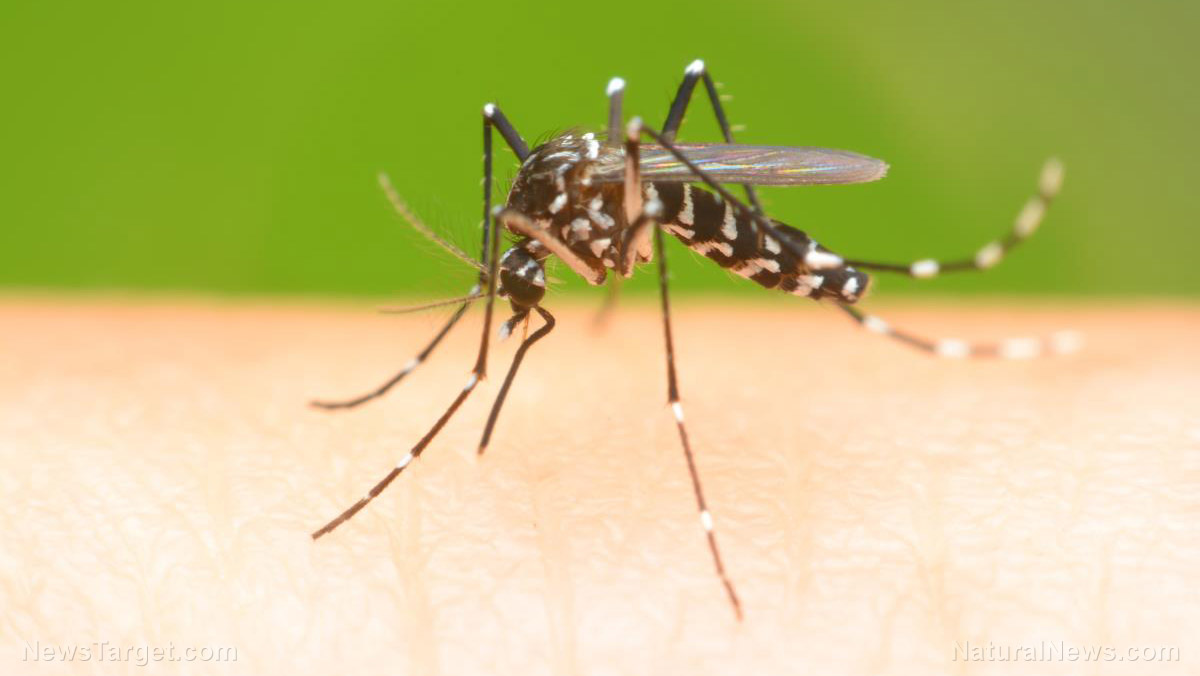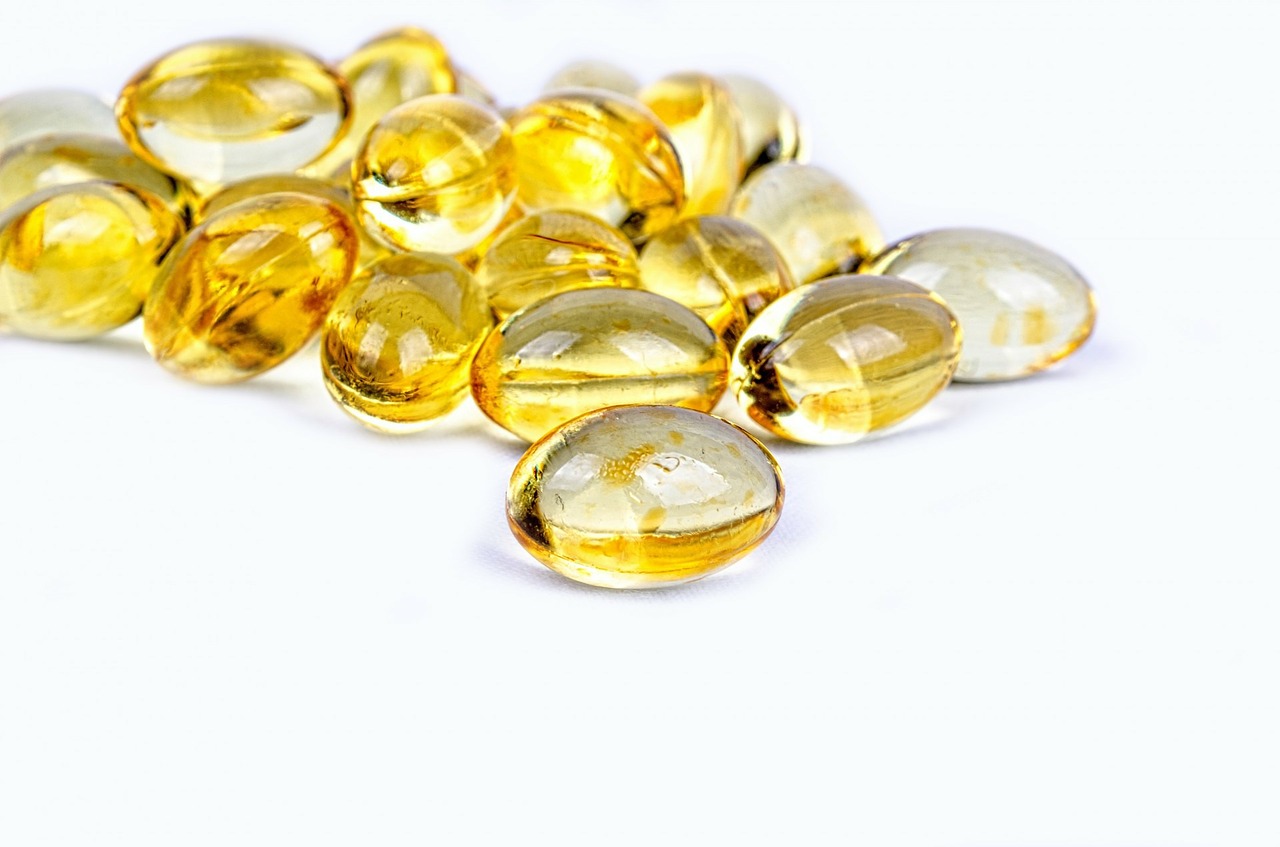Communities that restrict trans fats in their food have fewer residents admitted to hospital for heart attack and stroke
05/11/2018 / By Tracey Watson

Saturated fats, monounsaturated fats, polyunsaturated fats, trans fats … It can get quite difficult to get the rules straight regarding fats and their impact on our health. There are good and bad fats as well as natural and unnatural fats, and cutting out all fat is not necessarily the healthiest option. One thing is for sure though: Trans fats are bad news and should be avoided at all costs.
What are trans fats? According to the American Heart Association, trans fats can be artificial or occur naturally in milk and meat products. Artificial trans fats are created in an industrial process that involves adding hydrogen to vegetable oils to solidify them. Also known as hydrogenated or partially hydrogenated oils, trans fats are inexpensive and have a long shelf-life, which makes them attractive to processed food manufacturers and fast food outlets that use them to deep-fry foods repeatedly in commercial fryers. These fats are also added to many baked goods because they add an appealing taste to cookies and pie crusts. (Related: What is trans fat? Definitions and warnings.)
Getting them out of your diet reduces your chances heart disease
In New York State, some counties have banned the use of trans fats in commercial food establishments while others have continued to allow their use. A recent study by researchers from the Yale School of Medicine and the University of Chicago Medicine, published in the journal JAMA Cardiology, investigated whether such bans have made any difference to the heart health of residents. (Related: How partially hydrogenated oils and trans fats destroy your health.)
The American Public Health Association (APHA) recently reported on the results:
Researchers compared outcomes from 2002 to 2013 for people living in New York counties with and without the restrictions. They found that after three or more years of a ban being enacted, people living in the affected area had a 6.2 percent decline in hospitalizations for stroke and heart attack compared with those who did not live in areas with trans fat bans.
There is therefore a direct correlation between banning trans fats and a reduction in hospitalizations for heart attack and strokes. Eric Brandt, M.D., a clinical fellow in cardiovascular medicine at Yale School of Medicine and the study’s lead author, called this a “pretty substantial decline” that could yield tangible benefits for the “cardiovascular health of a population.”
Cardiologist Tamar S. Polonsky, one of the University of Chicago medical research team members, noted, “The results are impressive, given that the study focused on trans fatty acid bans in restaurants, as opposed to complete bans that included food bought in stores. If we enact a more complete restriction on trans fatty acids, it could mean even more widespread benefits for people long term.”
Natural News has been warning about the dangers of trans fats for years. Back in 2009 we reported:
Shortening consists of almost one-fifth trans fats, and some brands of margarine contain almost one-fourth trans fats. The oils used to cook French fries and fried chicken in the United States consist of about 40 percent trans fats, and the amount increases when the cooking oil is heated. Trans fats now account for about 7.5 percent of the fat calories consumed in the United States, and the average American eats nearly five pounds of trans fats each year.
Even the U.S. Food and Drug Administration (FDA) has woken up to the dangers of trans fats. Back in 2015, the FDA announced that processed food manufacturers must phase out the use of all trans fats by June 2018. These fats have also been removed from the foods generally recognized as safe (GRAS) list.
Learn more about the food you eat and how it impacts your health at Food.news.
Sources for this article include:
Tagged Under: fast food, FDA, heart attack, heart health, Hydrogenated oils, New York State, partially hydrogenated oils, prevent disease, restaurants, stroke, toxic ingredients, trans fats



















